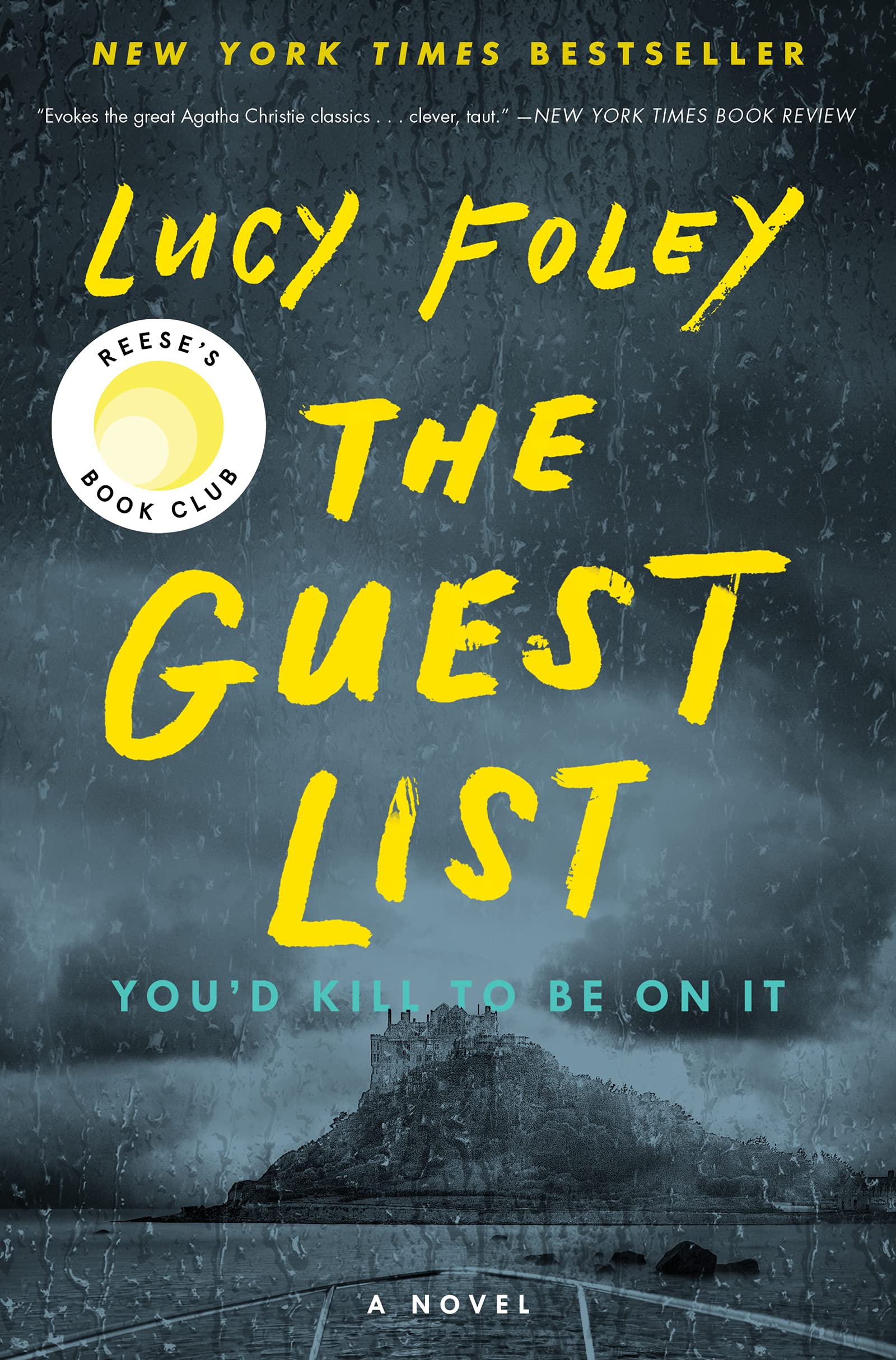Now: The wedding night
byThe wedding night, once a dazzling celebration of unity and joy, is suddenly plunged into an unsettling darkness as a power outage sweeps through the marquee. The revelers, caught mid-conversation and mid-dance, fall silent as the storm outside intensifies, rattling the very fabric of the tent. Rain lashes against the structure, the wind’s howling crescendos drowning out the initial gasps of surprise. The dim glow of flickering candles barely illuminates the disoriented guests, casting eerie shadows that flicker across their faces, amplifying the growing tension. The laughter and music that had once filled the space are now replaced with hushed murmurs and uneasy shuffling, as though the very essence of the wedding night has been snuffed out along with the lights. For a brief moment, the blackout feels like an uninvited guest, bringing with it a sense of dread that no one dares voice aloud.
As the guests shift uncomfortably, the storm outside pounds against the island with relentless force, hammering the marquee with gusts of wind strong enough to make the structure tremble. The island’s isolation, once a charming element of the wedding’s exclusivity, now feels like a trap, locking them in place with no means of escape until the tempest passes. Conversations, whispered and uncertain, swirl among the attendees, speculating whether this is simply a minor inconvenience or the prelude to something far more sinister. Some joke nervously, their laughter brittle, but others are gripped by a growing unease that has little to do with the weather. The wedding planner, Aoife, moves swiftly through the crowd, attempting to reassure jittery guests while simultaneously scanning the area for any sign of disruption beyond the storm. The staff work hurriedly to retrieve flashlights and lanterns, their hurried movements reflecting an unspoken concern that something is not quite right.
When the power finally flickers back to life, the marquee is bathed once more in warm, golden light, yet the moment of relief is fleeting. The scene before them, once the epitome of elegance and festivity, now appears slightly off-kilter, as though the outage has exposed an undercurrent of disorder that had been lurking just beneath the surface. Tables are in disarray, abandoned glasses and overturned wine bottles litter the floor, their contents pooling into dark stains on the pristine white tablecloths. A pair of silver sandals lies forgotten beneath a chair, and the once-glorious wedding cake now bears the first marks of a premature slicing, its deep red sponge stark against the surrounding mess. The damage is subtle, but unmistakable—something had shifted in the darkness, and the return of the lights has done little to restore the evening’s once-carefree atmosphere.
Despite efforts to reignite the revelry, the tension lingers, an unshakable presence weaving its way through the crowd like an invisible specter. The Irish band, after a moment’s hesitation, resumes playing, though their once-lively music now feels like a forced attempt to restore normalcy. Guests warily step around broken glass, their movements measured, their voices lower than before. The storm outside continues to rage, reinforcing the stark reality that no one can leave the island until the weather calms. Some make light of the situation, raising their glasses in mock toasts to the unpredictable forces of nature, but the forced nature of their humor only highlights the unease that refuses to dissipate.
Then, just as the collective tension seems to settle into an uneasy acceptance, a sound pierces through the din of the storm—sharp, distinct, and chillingly unfamiliar. At first, it is dismissed as the wind, another burst of violent rain against the marquee, or the distant crash of waves against the cliffs. But then it comes again, clearer this time—a sound that does not belong to the storm. The guests freeze, their conversations cut short, as a collective shiver seems to run through the crowd. Eyes dart toward the entrance of the marquee, toward the shadowy edges of the reception area where candlelight fails to reach. The moment stretches unbearably, the once-opulent wedding now feeling like the prologue to something far darker.
The guests glance at one another, searching for answers, but none are offered. The wedding planner, ever the professional, attempts to calm the murmuring crowd, but even she cannot conceal the flicker of uncertainty in her expression. Something has shifted in the atmosphere, an unspoken knowledge that the night’s troubles are far from over. As the storm howls outside, rattling the tent like a beast demanding entry, the celebration that had once been the pinnacle of joy now teeters on the edge of something far more ominous. The chapter closes with an overwhelming sense of anticipation, leaving both the characters and the reader with an unsettling question: what exactly has disrupted the night, and is the worst still yet to come?


